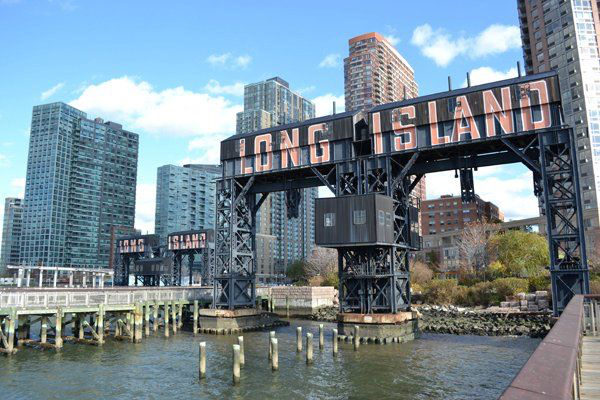As Amazon’s stunning pullout from New York fades into the news archives, its potent lessons for business negotiators risk being lost. Highly promising deals in diffuse multiparty settings with many potential spoilers, like Amazon’s planned headquarters in Queens, often collapse as a result of negotiating too narrowly with those who have formal power and authority. Negotiation experts have a patriarchal name for a version of this classic—and avoidable—mistake: Decide-Announce-Defend or “DAD.”
Along with gaining the full-throated support of New York Mayor Bill de Blasio and Governor Andrew Cuomo, Amazon officials understandably figured that the prize it offered New Yorkers would sell itself: 25,000+ jobs paying in excess of $100,000 each with all the ancillary economic benefits. Decide (on Long Island City, Queens), Announce (the choice), and Defend (from attacks) . . . and, if you’re still standing, you win.
Except, Amazon decided, announced, defended, lost, and abruptly pulled out, blindsiding virtually everyone involved. As New York’s chief negotiator for the deal mourned, this “was supposed to have been a coronation but instead was more like a coronary.”
This surprisingly common result is why an “A” is often appended to “DAD:” “DADA” means Decide-Announce-Defend-Abandon. An apparently irresistible deal blessed by the top authorities runs aground on unanticipated opposition. The trail of such failed deals is long; see here, here, here, and here.
What could Amazon have done differently? What are the broader lessons for those facing similarly challenging negotiations?
The goal should be to build “sufficient consensus” for a “winning coalition” in spite of potential blockers. This means earning enough support among enough of the right parties to gain agreement on your proposal and ensure successful implementation. Building such a sustainable winning coalition involves systematic steps that my colleague David Lax and I call a “negotiation campaign.” These commonsense steps are headlined below—but to understand in more detail what this advice actually means in practical terms, see here.
1. In a complex, multiparty setting, don’t take victory for granted, ever.
2. Actively monitor local currents and cross-currents of opinion.
3. Identify and nurture potential allies, before you need them.
4. Identify all likely and potential opponents at the outset of the process.
5. Beware of opponents with diverse concerns joining forces to form a “blocking coalition.”
6. From the beginning, actively listen to the concerns of potential opponents and address them to the extent possible.
7. Remember that negotiation does not end with a “yes,” but requires enough ongoing support for implementation and sustainability.
Had Amazon followed these guidelines, experience suggests much higher success odds. Of course, playing hardball in the highly visible New York case could intimidate other cities seeking a big Amazon investment: “don’t push us or else we’ll expand elsewhere.” Amazon has had success elsewhere with this uncompromising stance. Yet by pulling out of New York, Amazon lost the very real advantages that led it to choose Queens in the first place. And if the seven step approach detailed above hadn’t paid off in a reasonable time, Amazon still retained the hardball pullout option.
Even with a worthy project, there will inevitably be opponents and naysayers; that is the nature of complex, multiparty contexts. But having an ongoing finger on the pulse of the communities and groups involved, having nurtured allies, having anticipated opponents and sought to address their concerns, and having built enough support and neutralized enough opposition to overwhelm those who remain unconditionally hostile, the odds of a fatal blocking coalition forming can be drastically reduced—and your project is far more likely to succeed.

